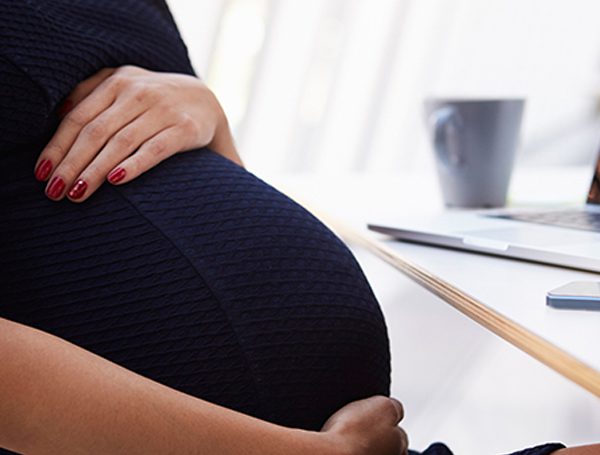
Motherhood is a journey that is a great mix of excitement, confusion, happiness, nervousness and sudden bouts of blues. A bond develops between the baby and mother even before the baby is born and she starts taking care of him from there on. As much as the health of a baby is important, so is the health of the mother. Particularly in the prenatal phase, she requires special care, caution and attention. We all know the general ones like no smoking, no drinking and taking ample rest but there is more.
We realized the importance and gathered some health tips for a healthy pregnancy:
1. Get moving
Are you one of those expectant mothers who have fallen into the myth of not taking your feet off the bed all nine months round? Well, here is a surprise for you. Remaining active is the key and exercise can help you get rid of tight muscles, swelling, stiffness and back pain. It also enhances your mood, makes you sleep well, and facilitate blood circulation.
No, third trimester is no exception. You need to exercise even in your third trimester for 30 minutes a day or you can divide it into 15 minutes work out twice a day. Make sure you don’t overdo it. Before you begin your exercise venture, always talk to your doctor about it.
2. Get the right nutrition
Have you put on 20 kilos? No, that’s not good. Putting on 10 to 12 kilos is okay and actually a healthy weight gain. Eating excessive carbs can shoot your weight up high. This could then cause gestational diabetes leading to high risk pregnancy particularly for women who don’t exercise.
Make sure you are eating folate rich foods as it is extremely important for healthy development of baby’s neural tube and making new red blood cells. If you are planning on conceiving, it is a good idea to take in folate rich foods even before you get pregnant.
You also need to eat the right amount of iron, proteins and calcium. In case you don’t take in the right diet, you might be inflicted with infections in the first trimester which you really don’t want.
3. Cut down on Caffeine
So you are someone who simply can’t open the eyes and mind without a shot of caffeine in the morning. Then cutting down on caffeine can be really difficult for you but anything for a healthy baby right? There is a good replacement for it. Eat some fruits like apples and bananas in the morning. The natural sugars in it can boost up your energy levels and get you working.
Other foods to avoid are raw sprouts, feta, unpasteurized cheese, herbal teas and undercooked eggs or meat.
4. Control the sweet tooth and other cravings
You are going to find yourself craving for some kind of food or the other throughout the different stages of your pregnancy. They say it is a body’s way to fill it up with lacking nutrition in the body while there are others who believe it is just emotional eating and nothing else.
You need to eat in limit as excessive eating of anything will do more harm than good. In case you are craving for something sweet, you don’t have to gulp down the whole tub of ice-cream at once.
5. Remain hydrated
Urinary tract infection is really common during pregnancy and do you know why? It is because women don’t take in enough water. Not drinking enough water not only dehydrates you but it can also affect your baby.
To beat the dehydration, drink a minimum of 3.5 liters of water each day particularly in the summers. You can also take in fresh juices, herb water and coconut water.
6. They myth of eating for two
Eating for two doesn’t mean you have to eat two times more food. Eating twice the food will make you gain a lot of weight which will in turn cause more swelling and back pain.
All you need to eat is an extra 200 calories during the first trimester which means some fruits and a glass of milk. On the other hand, you require extra 300 calories during the second and third trimester.
7. Say NO to some chores
Here is some good news. You get to cut down on some of the everyday chores and let your partner do it for you (hooray!). Scrubbing the bathroom floor or lifting heavy objects is not good for you when you are pregnant.
Make sure you don’t lift heavy objects, use harsh chemicals, clean up after pets particularly cats, stand for long periods of time particularly close to a hot stove and climb ladders or stepstools.






